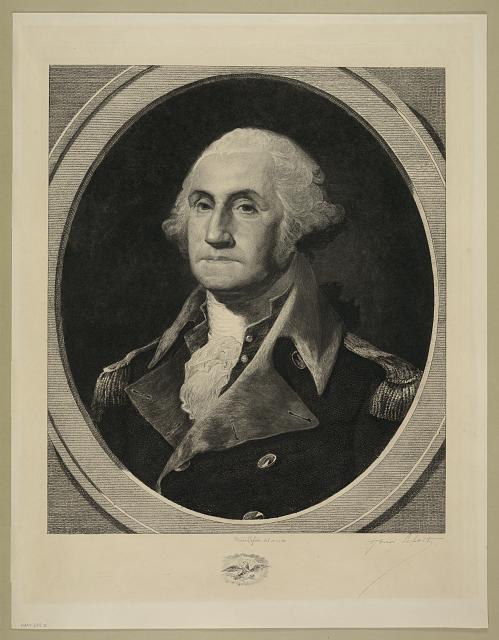George Washington, often referred to as the “Father of Our Nation,” played a pivotal role in the founding of the United States and its early years. As the first President of the United States, Washington set important precedents and left a lasting legacy through his leadership, character, and vision. This article explores the extraordinary life and leadership of George Washington, shedding light on his contributions to American independence, his role in shaping the presidency, and the enduring impact he had on the nation.
Early Life and Revolutionary War:
Born on February 22, 1732, in Westmoreland County, Virginia, George Washington emerged as a prominent figure during the American Revolution. From his early military career, as a surveyor in the Virginia militia, to his command of the Continental Army, Washington showcased his strategic brilliance and unwavering commitment to the cause of liberty. Leading troops through countless hardships, including the brutal winter at Valley Forge, Washington’s leadership inspired the fledgling nation and solidified his place in American history.
The First President:
In 1789, George Washington became the first President of the United States, serving two terms from 1789 to 1797. During his presidency, he faced numerous challenges, laying the groundwork for the young nation. Washington’s steadfast commitment to democratic ideals ensured a smooth transition of power and established crucial precedents that shaped the future of the presidency. He set the tone for executive authority, emphasized the importance of a balanced government, and established the principle of civilian control over the military.
Leadership Style and Principles:
Washington’s leadership style was marked by integrity, humility, and a strong sense of duty. Known for his calm and composed demeanor, he fostered a culture of respect and unity among his subordinates. As a leader, Washington emphasized the importance of moral character, discipline, and honor. He believed in the strength of compromise and consensus-building, valuing the diverse opinions of his advisors.
Expanding the Nation and Farewell Address:
Under Washington’s leadership, the United States expanded its territory through treaties such as the Jay Treaty and the Pinckney Treaty. He also oversaw the establishment of the national capital, which would become Washington, D.C. Washington’s farewell address, delivered in 1796, warned against political factions, foreign entanglements, and the dangers of excessive party spirit. His words of caution continue to resonate today and demonstrate his foresight and wisdom.
Legacy and Impact:
George Washington’s impact on the nation cannot be overstated. His leadership during the Revolutionary War secured American independence, and his presidency set essential precedents for future generations of leaders. Washington’s decision to step down after two terms established the tradition of a peaceful transfer of power, ensuring the stability of the young republic. His vision for a united and strong nation laid the foundation for the growth and prosperity that followed.
George Washington’s leadership, character, and dedication to the principles of democracy cement his place as one of the most influential figures in American history. The Father of Our Nation, he navigated the challenges of his time with grace and wisdom, leaving an indelible mark on the young United States.
